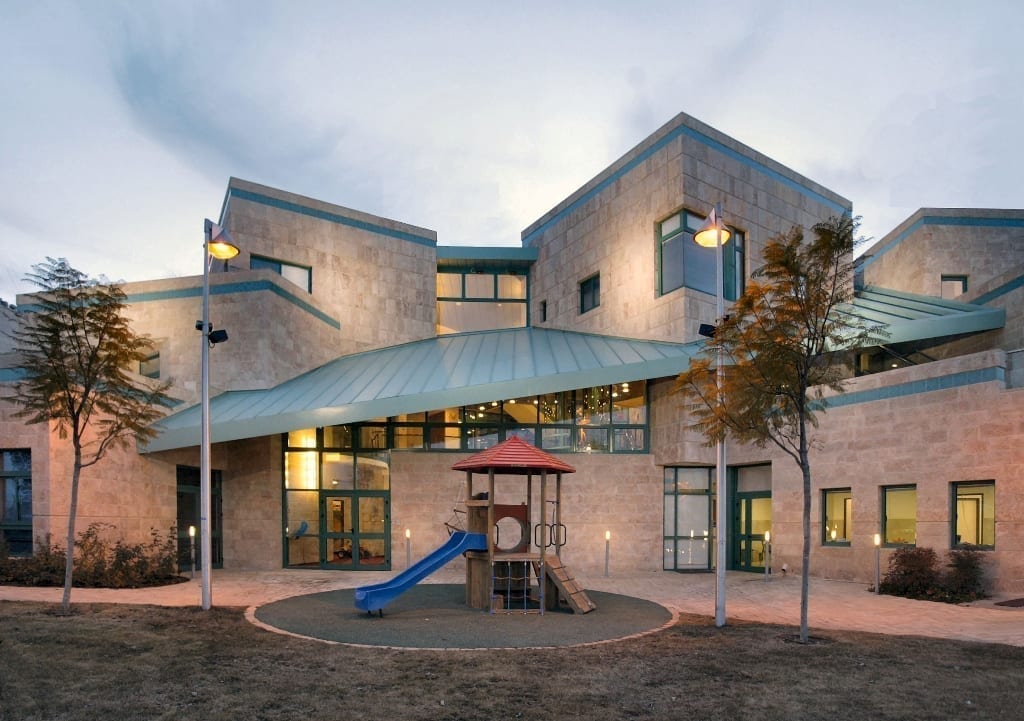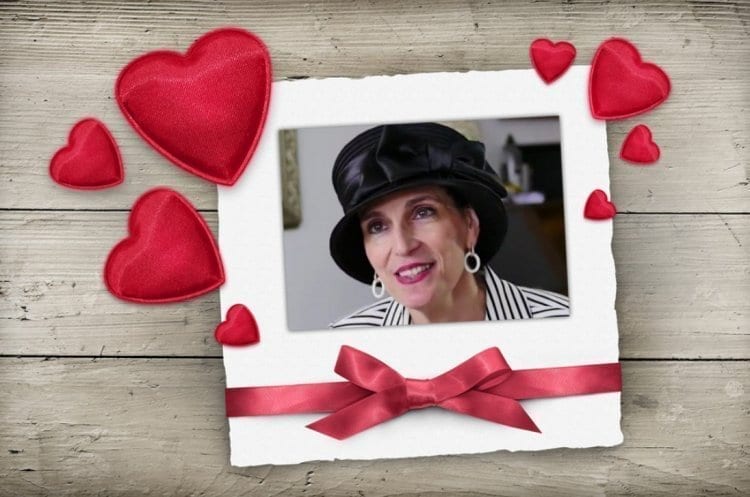It was a strange message for a bumper sticker: “Leave your organs here; G-d knows you don’t need them in heaven.” But when Jennifer Rothstein read it years ago on the back of a passing car, a seed was planted. She signed up to become an organ donor—a situation she hoped would not occur for a long time. Jennifer, a mother and teacher from Cherry Hill, New Jersey, recalls. Her assumption was overturned, however, when she received an email from a woman seeking a kidney donor with type O negative blood. (O negative, Jennifer’s blood type, is the universal type that can be given to any recipient, no matter what blood type he or she has).
The person in need was a 13-yearold Jewish girl from Brooklyn named Sofia Manfredi. “I saw it and I thought, ‘You know, I should see… What does Hashem want from me?…If this is what [He] wants, He’ll make it a match.’” Jennifer’s husband thought the idea was “ridiculous.” But Jennifer countered his opposition with an ironclad argument: “What if it was your child who was in need of a kidney?” Finally, with her husband’s blessing, the testing process began.
The test results surprised even the hospital staff. Not only was Jennifer a blood-type match, but she perfectly fit the other six criteria required for her to donate—something that does not necessarily occur even with a sibling. Jennifer recalls with a laugh, “I knew it must have been a good match when I saw that the director of New York Presbyterian was calling me on the phone.” The hospital invited Jennifer up to New York for a full day of further testing to ensure that she was in good health. Thankfully, there were no problems, and the date for the surgery was set. Throughout the process, it didn’t occur to Jennifer to be afraid. “It was such a good match,” she explains. “I definitely knew it was from Hashem… I felt all along, if this is what Hashem wants, He’ll make it work.” And indeed it did.
After Jennifer’s kidney was removed and implanted in the recipient, it began working immediately. As for Jennifer, she healed quickly from the surgery and had no side effects. On all counts, Jennifer says, it was a wonderful experience. She and Sofia still keep in touch, and Sofia recently invited Jennifer to her sixteenth birthday celebration. After such an incredible act of chesed, Jennifer would have been justified in resting on her laurels for a bit. But when another opportunity to help came her way, she jumped at it. When Jennifer was nine, her mother passed away.
As she puts it, things at home were “complicated,” and at the age of 13 Jennifer went into foster care, an experience that had a deep impact on her life. Not long after her surgery, one of Jennifer’s colleagues lost his sister, a young woman with two daughters ages nine and five. The girls’ father was not in the picture, and they had no one to care for them. “I started thinking, ‘What’s going to happen with these girls?’… I had mentioned adoption to my husband before, and he always said, ‘I think we have enough on our plate.’ Aside from work and household responsibilities, the Rothsteins’ older son, Sam, has Asperger’s syndrome. She admits, “It’s only now, when he’s graduating high school and I am able to work more, that I feel like I’ve finally got a handle on things.”
But the evening Jennifer approached her husband about adopting the two girls, his response was unexpected. “He said, ‘Hmm…I’d have to think about that.’” Jennifer also spoke to her sons about it, and they were “completely supportive” of the idea. Jennifer reached out to her colleague and told him that she and her family would be happy to help his nieces in any way they could. Two days later she went to the funeral, met the girls, and “instantly fell in love” with them. “Again, it was one of those things that I felt strongly had come from Hashem,” Jennifer recalls. “I had that experience of losing my mother at nine, and that experience of being in foster care… I could totally relate in every way.” While their family of origin made longterm arrangements for them, the Rothsteins fostered the girls for two months.
When the girls came to their home, they had nothing but the clothes on their backs. The Cherry Hill community, having heard about their arrival, sent bags of clothes, toys, games and other supplies, and some community members even made anonymous donations through the rabbi to help pay for groceries and other expenses. “We were so blessed to have them for those two months,” says Jennifer, who devoted herself to them completely while working full-time, until they moved in permanently with their uncle. “I don’t want to make it sound like I’m totally selfish…[but] I got a lot out of it.” The girls now live with their uncle; they still attend the day school where Jennifer works, and she sees them often. Perhaps more incredible than her double acts of chesed is Jennifer’s perspective on them. “It’s not our world; it’s Hashem’s world,” she says. “We just do what He directs us to do, and He will take care of everything.”





